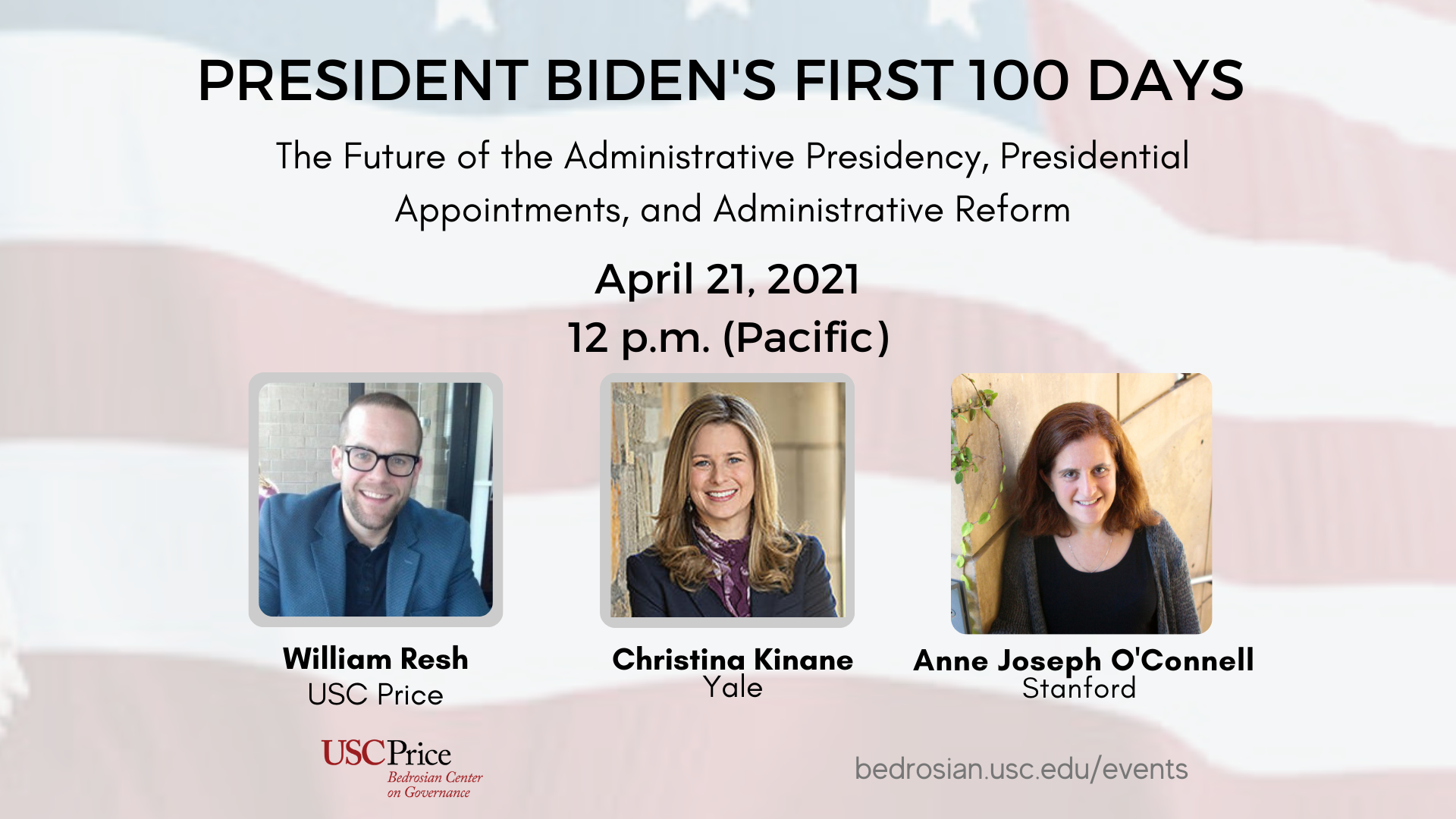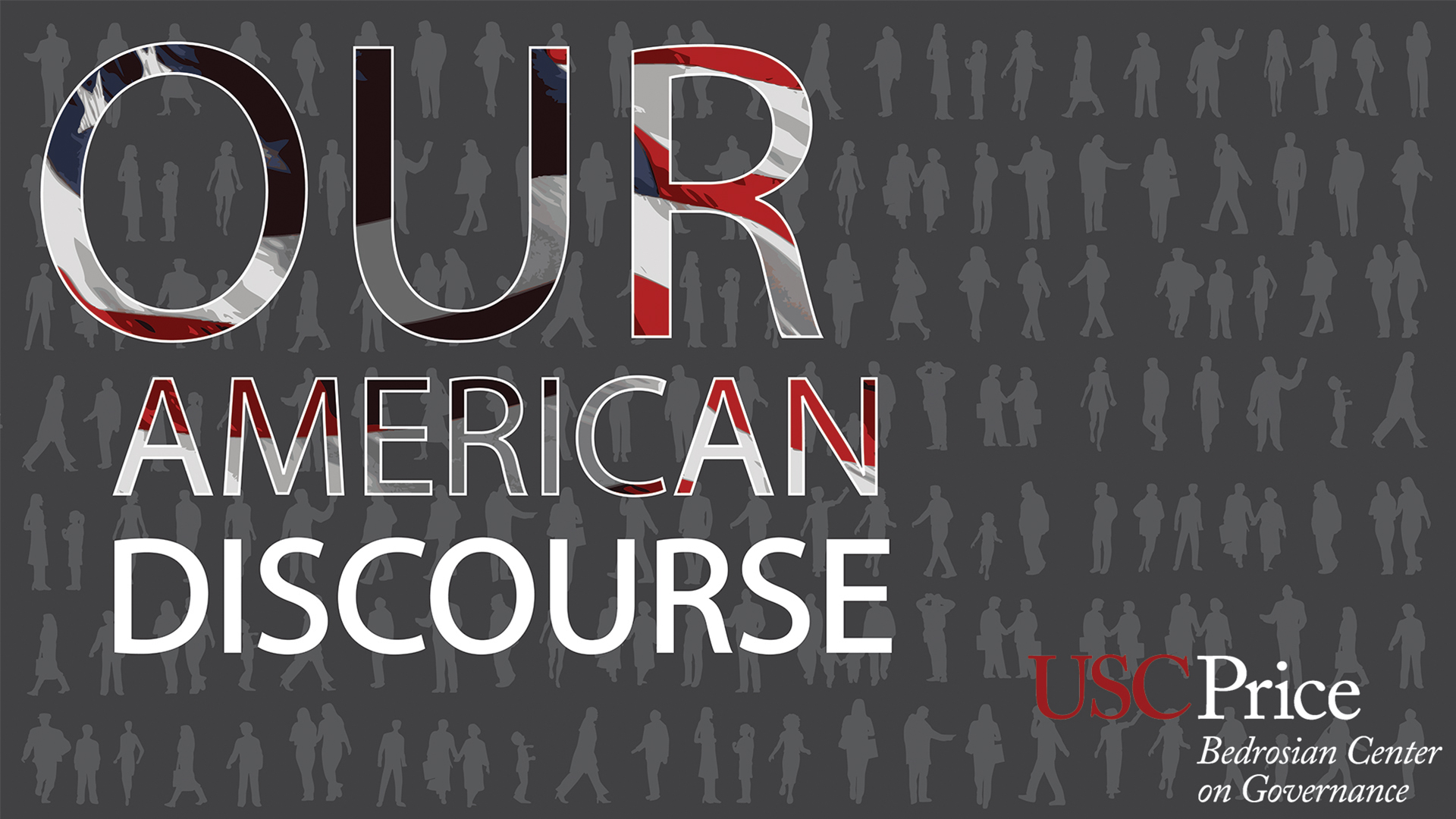by Peter Robertson
Government 2.0
 The shift from the modern industrial era into the new, post-modern Information Age presents contemporary society with a rather significant paradox. On one hand, there is fairly widespread agreement that the governmental apparatus established to implement public policies – the bureaucracy – is not very efficient or effective. On the other, there is equally widespread belief that bureaucracy is necessary in order to successfully implement those policies. We are stuck in something of a love/hate, “can’t live with it, can’t live without it” dilemma when it comes to the presence of the large bureaucratic systems, at all levels of government, that are critical to the actual delivery of services that constitute the ultimate operationalization of legislative dictates.
The shift from the modern industrial era into the new, post-modern Information Age presents contemporary society with a rather significant paradox. On one hand, there is fairly widespread agreement that the governmental apparatus established to implement public policies – the bureaucracy – is not very efficient or effective. On the other, there is equally widespread belief that bureaucracy is necessary in order to successfully implement those policies. We are stuck in something of a love/hate, “can’t live with it, can’t live without it” dilemma when it comes to the presence of the large bureaucratic systems, at all levels of government, that are critical to the actual delivery of services that constitute the ultimate operationalization of legislative dictates.
This paradox is not new, although the dilemma it presents has become more pressing as the societal transition into a new era proceeds. Significant backlash to the dysfunctional features of bureaucracy emerged as early as the 1950s, when proponents of a more humanistic approach to organizational design began articulating how bureaucratic structures and processes could be revised to take into account the higher-order needs (i.e., self-esteem and self-actualization, in Maslow’s hierarchy) of the people working in bureaucratic organizations. To a considerable extent, the slow but steady evolution of this organizational form since that time has reflected the gradual integration of some of those ideas into our collective understanding about the best ways to manage organizations. These changes have been further stimulated by the dynamics of globalization, the diffusion of information/communication technology, and the differences among succeeding generations of workers. Taken together, the reforms over the last half-century can be seen as leading to a transformation in the bureaucratic organizational form itself, as it evolves into a new form more appropriate for the demands of a new era. (more…)




 The shift from the modern industrial era into the new, post-modern Information Age presents contemporary society with a rather significant paradox. On one hand, there is fairly widespread agreement that the governmental apparatus established to implement public policies – the bureaucracy – is not very efficient or effective. On the other, there is equally widespread belief that bureaucracy is necessary in order to successfully implement those policies. We are stuck in something of a love/hate, “can’t live with it, can’t live without it” dilemma when it comes to the presence of the large bureaucratic systems, at all levels of government, that are critical to the actual delivery of services that constitute the ultimate operationalization of legislative dictates.
The shift from the modern industrial era into the new, post-modern Information Age presents contemporary society with a rather significant paradox. On one hand, there is fairly widespread agreement that the governmental apparatus established to implement public policies – the bureaucracy – is not very efficient or effective. On the other, there is equally widespread belief that bureaucracy is necessary in order to successfully implement those policies. We are stuck in something of a love/hate, “can’t live with it, can’t live without it” dilemma when it comes to the presence of the large bureaucratic systems, at all levels of government, that are critical to the actual delivery of services that constitute the ultimate operationalization of legislative dictates.